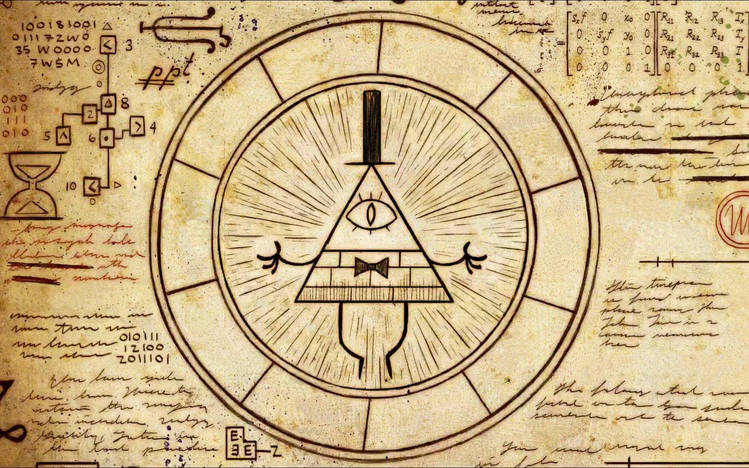Illuminati Official Website
Illuminati vs. Freemasons
Illuminati vs. Freemasons: Key Differences Between Two Secret Societies
The Illuminati and Freemasons are two secret societies that have fascinated the public for centuries, often intertwined in myths and conspiracy theories.
While they share elements of secrecy and symbolism, their origins, rituals, goals, and societal influence are fundamentally different. This article explores these distinctions to provide clarity about their unique characteristics.
Origins
- Illuminati: Founded in 1776 by Adam Weishaupt in Bavaria during the Enlightenment era, the Illuminati aimed to promote rational thinking, secularism, and freedom from religious control. Its existence was short-lived due to suppression by the Bavarian government in 1785.
- Freemasons: Emerging in the late 16th century, Freemasonry evolved from medieval stonemason guilds into a global fraternal organization. It emphasizes moral teachings, brotherhood, and belief in a Supreme Being.
Rituals and Symbols
- Illuminati: Rituals were designed to foster intellectual enlightenment and societal reform. Members progressed through hierarchical ranks like Novices, Minervals, and Illuminated Minervals. Symbols such as the Owl of Minerva represented wisdom and secrecy.
- Freemasons: Freemasonry employs elaborate rituals tied to its system of degrees—Entered Apprentice, Fellowcraft, and Master Mason. Symbols like the Square and Compass represent moral virtues and the pursuit of knowledge.
Goals
- Illuminati: The Illuminati sought to overthrow oppressive systems and establish a rational society free from superstition and religious influence. It has been associated with ambitions for a “New World Order,” though these claims are largely speculative.
- Freemasons: Freemasonry focuses on personal development, charity, and fostering brotherly love among its members. It aims to uphold moral values rather than influence global politics.
Societal Influence
- Illuminati: Despite its brief existence, the Illuminati has been linked to conspiracy theories about controlling world events. However, historians argue that its actual influence was limited to intellectual circles during its time.
- Freemasons: Freemasonry has had a significant impact on politics, philosophy, and social welfare through its philanthropic activities. Its lodges operate openly worldwide.
Conclusion
While both the Illuminati and Freemasons share elements of secrecy and intellectual pursuit, their goals, rituals, and societal roles differ significantly.
The Illuminati focused on radical societal reform during the Enlightenment but faded into obscurity after its suppression. Freemasonry continues as a recognized fraternal organization dedicated to moral development and charity.
Understanding these differences helps separate historical facts from conspiratorial myths surrounding these secret societies.

